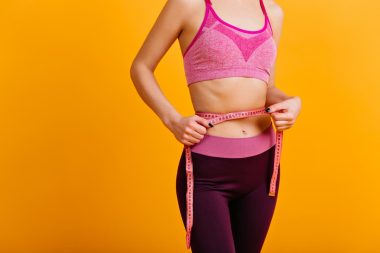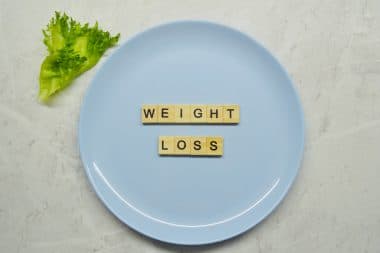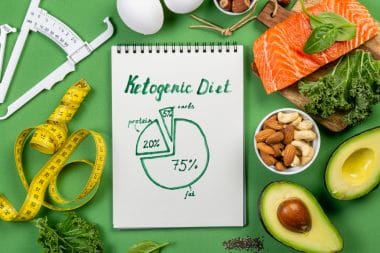If you think your hunger has nothing to do with exercise, think again! Exercise creates an impact on your appetite. It can either increase or decrease it, depending on the intensity of workout, environment and body temperature, and of course your gender.
The higher the workout intensity and body temperature, the lesser you feel hungry. This means jogging in a cool morning or swimming in cold water can make you eat like a horse! On the other hand, a sweaty workout will make you take a smaller plate of food!
Not Feeling Hungry After Exercise? Bless Your Hormones!
The hypothalamus gland present in the brain secretes hormones during moderate to high intensity workout. (Working out for one hour, 3 times a week is moderate level of exercise.) These hormones suppress appetite. The hormones remain at elevated level for up to 15 hours! Moreover, when you work out, the blood from your stomach is taken and transported to other organs of the body.
So, those who can’t help with their habit of binge eating, start exercising from today!
Watch Out For Strenuous Exercises!
High intensity exercises exert your body. As a result, your body needs more fuel and it starts breaking down glucose from your muscles. This increases your appetite!
If you exercise vigorously on an empty stomach, two things happen:
- Instead of building muscles, you break them down to get glucose
- You get a huge craving for carbohydrates after exercise, which fails your very purpose of workout.
Hence, take plenty of carbs a couple of hours before your workout session. This will prevent your body from breaking down glucose from your muscles.
What’s Psychological Hunger?
Consider this situation: you’ve returned from your spin class or have just completed rounds of kickboxing. Now, you get a strong urge to devour a large size cheese pizza and a big glass of chocolate shake! You think you deserve it after burning so many calories during your workout.
However, studies have shown that people exaggerate on the number of calories they burn during exercise. So, they are people who think they burnt 600 calories when it was just 200, and they binge on food, piling up 600 calories more!
The best ways to deal with psychological hunger is to eat within an hour of completing your workout and avoid exercising on an empty stomach.
A Shocking Revelation!
A study published in Science Daily in 2008 revealed that exercise decreases appetite in lean women, and not in obese women! Researchers from the University of Michigan studied the impact of body fat on appetite and leptin, a hormone, which suppresses hunger in animals when there is an increase in body fat.
They found that leptin doesn’t work in obese women as it does in lean ones.
A study was conducted by Dr. Katarina Borer et al. They took 20 women – 10 lean and 10 fat ones. They were given 3 weight-maintenance meals daily. The researchers conducted 3 experiments on 3 distinct days.
In the first experiment, the women did not work out. In the other two experiments, they worked out on a treadmill twice a day — morning and afternoon. They burnt 1000 calories daily. Both the experiments involved exercise at different intensities. The appetite of all women was recorded on a 10-point scale every hour and before every meal.
Obese women reported no decrease in their appetite after workout. But, interestingly, their leptin production was found to be higher during intense exercise than that in lean women! This proved that body fat meddles with the work of leptin to curb hunger and it also interferes with appetite suppression.
So, obese ladies, watch out! Your leptin hormone doesn’t do its job well!







Reply